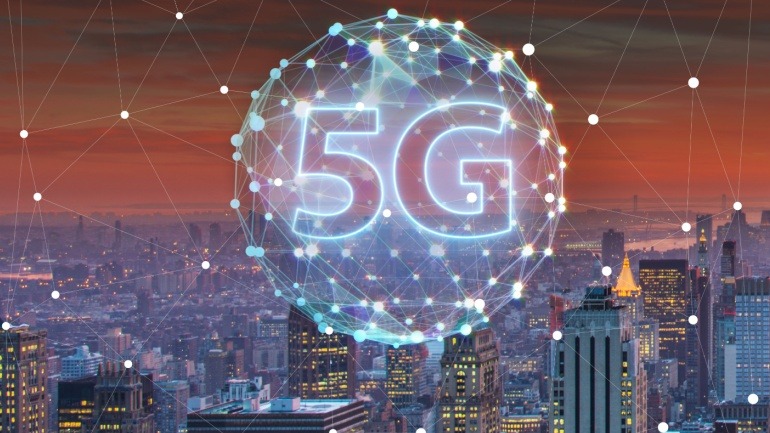China Unicom and Huawei have launched a groundbreaking 5G-Advanced network in Beijing, serving over 10 million people with speeds up to 10 Gbps. This large-scale deployment, leveraging AI and machine learning, optimizes network operations automatically, boosting efficiency and user experience dramatically.
Compax Software Development, in collaboration with AGTR Group, has launched MVNO.SERVICES in Thailand. This platform empowers businesses to become MVNOs, streamlining the process with cutting-edge technology.
Deutsche Telekom has partnered with Nokia to upgrade its Open RAN network in Germany, replacing Huawei equipment. This move will see over 3,000 Open RAN sites enhanced nationwide.
PMT Security’s new division provides comprehensive security solutions for Australian data centers, aligning with the growing demands of SaaS, cloud, and AI. Based in Melbourne, the division delivers advanced security technologies, including CCTV and automation, ensuring robust asset protection.
Sweden is investigating the damage to critical subsea cables in the Baltic Sea, urging a Chinese ship, Yi Peng 3, to return for inquiry. The incidents, involving cables linking Sweden, Lithuania, Finland, and Germany, raise concerns over potential sabotage.
BSNL’s 5G tender mandates local equipment, sparking dissatisfaction among giants like Ericsson and Nokia. This local focus aligns with BSNL’s 5G Standalone expansion strategy in New Delhi.
Nokia and Microsoft have extended their partnership by five years. This collaboration focuses on equipping Azure data centers with advanced routers and switches to enhance connectivity and optimize cloud infrastructure.
Verizon has set a new precedent with its recent achievement of 1.6 Tbps speeds over its live fiber network. This milestone, using cutting-edge WaveLogic 6 Extreme technology, meets the surging demand for AI data processing efficiently.
DIDWW, a global provider of premium quality VoIP communications and SIP trunking services, will participate as an exhibitor at ITW Asia 2024. This prominent connectivity and digital infrastructure event will feature DIDWW’s latest advancements in its innovative voice and SMS solutions for business communications.













